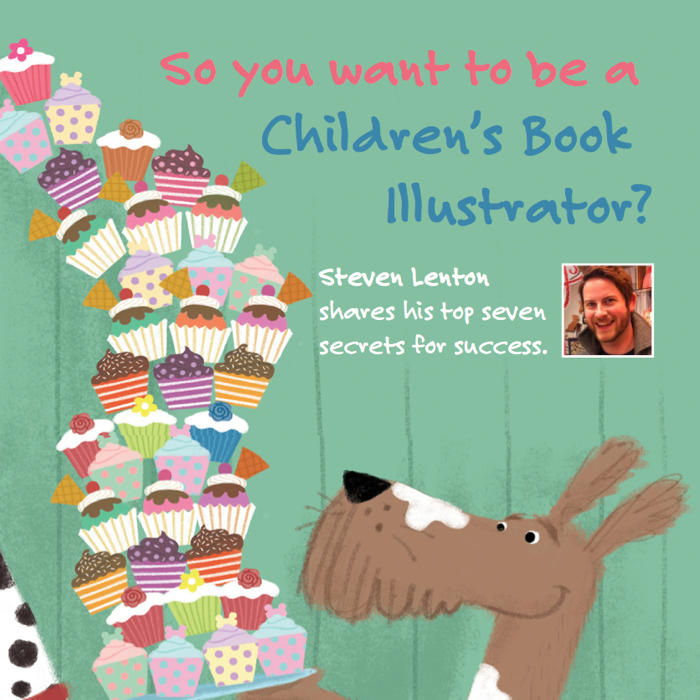How to Use Twitter to Find a Publishing Job
Suzanne Collier runs bookcareers.com – a specialist careers consultancy that provides independent careers advice and support to those within the publishing industry. Follow her on Twitter at @SuzanneCollier or @bookcareers.
Looking for a job in publishing? Suzanne Collier shares her top ten tips for using Twitter for your job search.

As with all social networking, when it comes to job searching there are some big ‘dos’ and ‘don’ts’. Twitter on its own is unlikely to find you a job: you may see jobs advertised (and you’ll need to respond quickly if you do), but it should be used as the means to finding a job, and your personal marketing tool.
- Do choose your username carefully. To be part of your true job search brand use your own name. Then when you then start sending in speculative enquiries or job applications, as soon as your email or application lands on the recruiter’s desk or inbox you are instantly recognised by your real name – the one on your CV / resumé. Twitter has a unique way of making complete strangers feel like they know you. People repeatedly come up to me at publishing events and introduce themselves saying ‘I follow you on Twitter’ and then launch into a conversation about something I have tweeted or discussed with them on Twitter.
- Do interact with people. I don’t auto-follow, but aim to respond to all @messages directed to me. Do this with the person who has advertised the job – make them feel like they know you, because you have responded to a tweet, or interacted with them.
- Do use a real photograph of yourself as your profile image. When you walk into a recruiter’s office for an interview or meet them at a networking event there can be that moment when the recruiter instantly recognises you. ‘Ah, you look exactly like your profile pic’, can be a great start to an interview.
- Don’t leave your biography blank. If you are in a position to state you are looking for a job then do so in this field. If not, see if you can add your current job title and add something personal too, maybe even some slight humour ‘loves coffee’ ‘loves cake’ are two of the most popular things I read on Twitter biographies. At all times keep your biography professional. If you follow someone and they don’t know you and your biography is blank they are unlikely to follow you back. And remember if you are tweeting for yourself but mention the name of your employer in your tweets then do add ‘all tweets are my own’ to ensure no one believes you are tweeting on behalf of the company.
- Don’t protect your tweets. Yes, it means everyone can read everything you tweet or Google your tweets, but the whole point of Twitter is that it is an open network. Unless there is a very good reason for protecting your tweets, then make them open. Many people on Twitter are unlikely to follow back someone who has protected their tweets, and your tweets cannot be retweeted. Either participate on Twitter or don’t be on Twitter at all.
- Do follow people you want to work for. Follow publisher accounts, and people who work for the publisher. Check out who they are retweeting or recommending for a #ff (Follow Friday) – very often it is their ‘own’ people. If you want to work in editorial, for example, see how many book publishing editors you can find on twitter, not so much for you to tweet ‘give us a job’ to them, but so you can get an insight to their job and the work they do. This will help you if you are so fortunate to get an interview with them. There are some very good lists of publishing people who are on Twitter, plus a number of people who have their own Twitter lists. One of mine, for example, is @suzannecollier/recruiters, a great resource if you are looking for a job. As soon as I know someone is tweeting publishing vacancies continuously I add them to the list, so you don’t miss out.
- Don’t look desperate. Even though you are looking for a job, don’t keep tweeting several times a day that you are looking for a job, as aside from appearing desperate (it is okay – we know you are), it is also dull, boring and unattractive.
- Do proofread all your tweets before sending. Don’t use swear words or text speak and don’t tweet about things you don’t want your mother to read (my mum is following me on Twitter – that keeps me in check!) The best thing to do is to follow others and watch their lead, or ‘lurk’, before stepping out into the big wide twitterstream.
- Do look professional. It is imperative that you don’t tweet things that could backfire on your job search and at all times you tweet like the professional person that you are. It is okay for you to say you have lots to do, or are very busy, but if you tweet you are exhausted at 3pm in the afternoon, why would someone want to employ you, if you can’t fulfil a day’s work? Don’t be disrespectful to people on Twitter who don’t reply or offer you an interview, or people who have offered you an interview and you didn’t get the job. Why on earth would someone else then want to interview you if you tweet only bad things about people?
- Do not tweet between 12 am and 5 am on a weekday unless you are in another time zone, or people know you are stuck somewhere. Again, why would someone want to employ you if they think you are not getting enough sleep? This might sound like something from the dark ages, but in a competitive job market you have to remember that recruiters want to employ people who will give their best. And you are someone who can give their best, so show it.
There are no hard and fast rules about what to tweet; you need to find your own ground, but remember, your future employer may (or may not) be reading your tweets.
 This post is an extract from The Publishing Talk Guide to Twitter. Find out more and download a free chapter at www.publishingtalk.eu/guides/twitter.
This post is an extract from The Publishing Talk Guide to Twitter. Find out more and download a free chapter at www.publishingtalk.eu/guides/twitter.



great article, some good advice, thanks for posting. Choose name carefully. As many SEO techniques as possible should be implemented. Good luck
Great tips to keep in mind. I’ve seen several places the idea of choosing your user name on Twitter with care. So… the obvious next question is: can we change our Twitter user name?
Hi Monica, yes, it is possible to change both your Twitter username and your profile name. Just go to Account Settings to change your username, and Profile Settings to change your profile name. Hope that helps!
Great insight! These tips are sure to help as I begin my career in publishing. Moving to London shortly to start at Kingston University. Many lessons and knowledge to acquire ahead.
Thanks for this, I’ve picked up some great tips for the future!